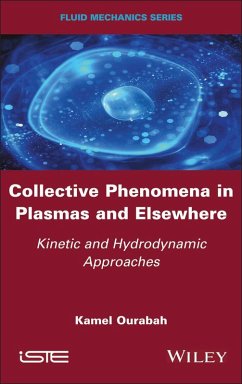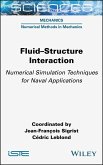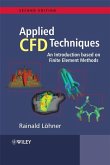The Universe is made up of systems consisting of a very large number of particles interacting in a very complex way. When studying these systems, a precise microscopic approach is unattainable. In practice, the best strategy is one that is able to "distinguish" between superfluous information and the information needed to make predictions about the evolution of the system. There are two main competing approaches: kinetic and hydrodynamic. Collective Phenomena in Plasmas and Elsewhere presents an overview of the theoretical bases of these kinetic and hydrodynamic approaches, but also discusses their limitations, the links between them and their extension to quantum mechanics and relativity. These methods were born in part out of the study of plasmas, but they also have more universal applications. A general framework for these approaches is outlined, followed by some applications in plasmas, gravitation, Bose-Einstein condensates and dark matter. Particular emphasis is placed on the analogies that can be made between all these different systems.
Dieser Download kann aus rechtlichen Gründen nur mit Rechnungsadresse in A, B, BG, CY, CZ, D, DK, EW, E, FIN, F, GR, HR, H, IRL, I, LT, L, LR, M, NL, PL, P, R, S, SLO, SK ausgeliefert werden.









